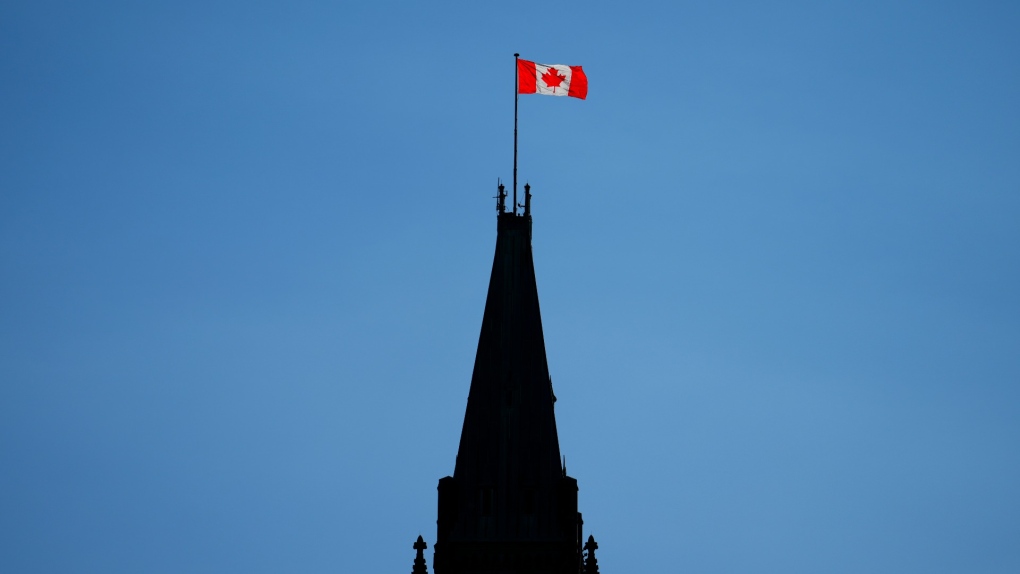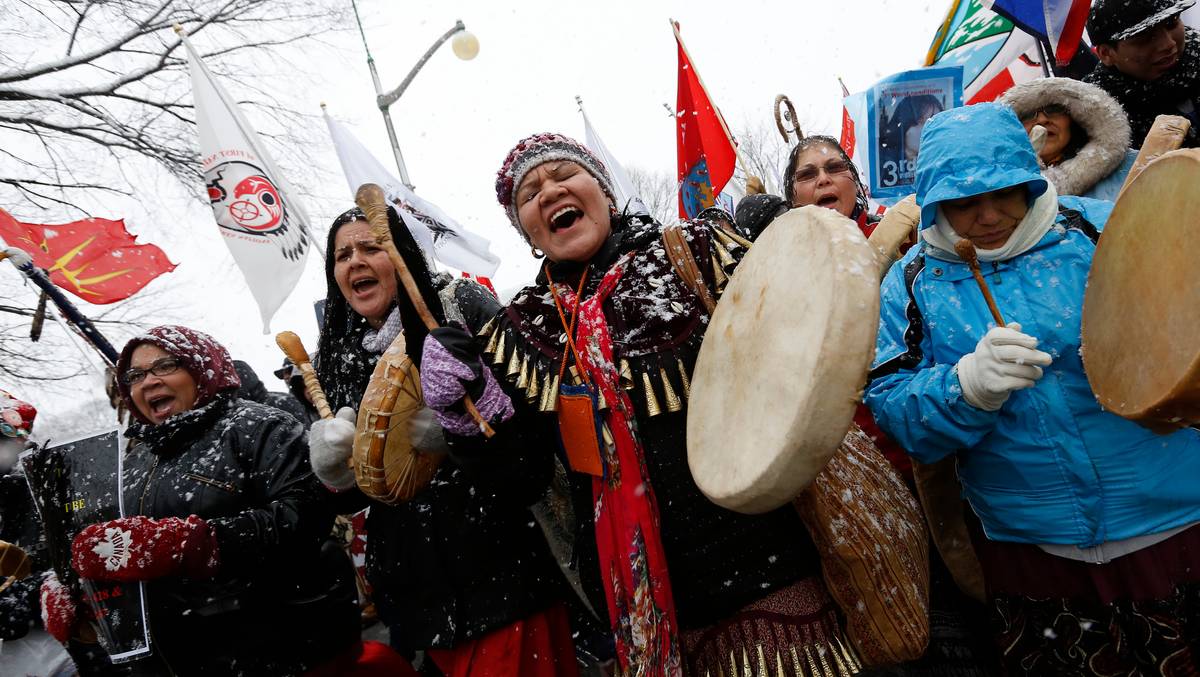A group of Canadian senators is proposing a series of reforms to the country’s international student program that include ways to protect newcomers from fraud and abuse, as well as tougher regulations and penalties for recruiters and colleges. education.
Senators Ratna Omidvar, Yuen Pau Woo, Hassan Yussuff and former senator Sabi Marwah – all from the Independent Senators Group – released its report on Wednesdaywhich they say aims to address “integrity challenges” facing the program.
“The International Student Program has been a victim of its own success. International students have a strong desire to come to Canada, but they face many challenges, including high tuition fees and abuse. In many cases, they do not receive the support they need. overcome these difficulties,” Omidvar said in a statement.
“They are also blamed for the many economic and social challenges Canada currently faces, but they are the victims, not the perpetrators. We need to change the program to ensure it works for Canada and the students who contribute so much to our country. “
Among the proposed recommendations is a national review of the financial viability of Canadian Designated Educational Institutions, or DLIs, which are essentially colleges, universities and other institutions approved by provincial and territorial governments to welcome international students.
The senators also call for greater oversight of DLIs, including private colleges, to ensure adequate housing supply and efforts to inform students of their legal rights regarding housing, employment and sexual abuse.
GREAT INCREASE IN INTERNATIONAL STUDENT POPULATION
The report indicates that Canada’s international student population reached approximately 807,750 in 2022, a level four times higher than in 2008.
The senators tie this to the 2011 Federal Economic Action Plan, which included funding for an international education strategy released in January 2014.
This strategy included the goal of doubling the country’s international student population from 239,131 in 2011 to more than 450,000 in 2022. Canada achieved this goal in 2017.
India is the top country of origin for international students in Canada, followed by China, the Philippines, France, Nigeria, Iran, South Korea, Vietnam, Mexico and the United States.
The report also cites a Global Affairs Canada study that estimates international students’ contribution to the economy at more than $22 billion in 2018, while supporting more than 218,000 jobs.
EDUCATIONAL AGENTS
The report highlights a number of issues facing international students, including high and unpredictable tuition fee increases in response to “stagnant” public funding.
He uses the example of Ontario, where low provincial funding has led colleges and universities to pass on costs to international students, who in turn have seen their tuition fees increase by up to 20 percent in one year. International students, according to the report, account for 68 per cent of tuition revenue in Ontario.
DLIs have become too dependent on international students to cover their expenses, “with little incentive to ensure that international and Canadian students receive the best possible experience,” the report says.
Meanwhile, education agents and consultants can receive between 15 and 20 percent commission from a Canadian DLI on an international student’s first year of schooling, with some negotiating as much as 30 percent.
On this basis, fees could range between $1,500 and $7,500 per student, the report says, and institutions only pay once a student has arrived in Canada and paid their tuition fees in full. first year schooling.
The senators highlight the prevalence of clandestine agents or “ghost consultants” who can falsify documents, provide no services at all and “prey on the ignorance of international students.”
Agents can also direct students to institutions that pay the highest fee but do not necessarily have post-graduation work permit-eligible programs.
“This means that the fate of international students often rests in the hands of the officer, who will make recommendations based on their own findings,” the report said.
‘EMPTY PROMISES’
The report identifies cases where agents and private colleges make “empty promises” to students about their career prospects, as well as cases where agents lie about post-graduation work permits and college eligibility. ‘immigration. Some private colleges also misled students into believing that they could transfer to a public college and would have to pay full tuition even if they chose to withdraw.
Other issues include unreported cases of sexual abuse, partly due to concerns that it could affect a student’s immigration status, unsuitable housing, employment issues, and the possible role of government federal in “perpetuating an exaggerated sense of hope among international students motivated to obtain permanent residence. “.
“While the Canadian government honestly highlights the immigration benefits of studying in Canada, it can perhaps do more to be upfront about the highly competitive nature of the permanent residence application process,” the report says.
“This challenge is exacerbated by agents and DLIs, who also promote the possibility of becoming a permanent resident of Canada as a way to increase their income.”

“Explorer. Food advocate. Analyst. Freelance bacon practitioner. Future teen idol. Proud pop culture expert.”







